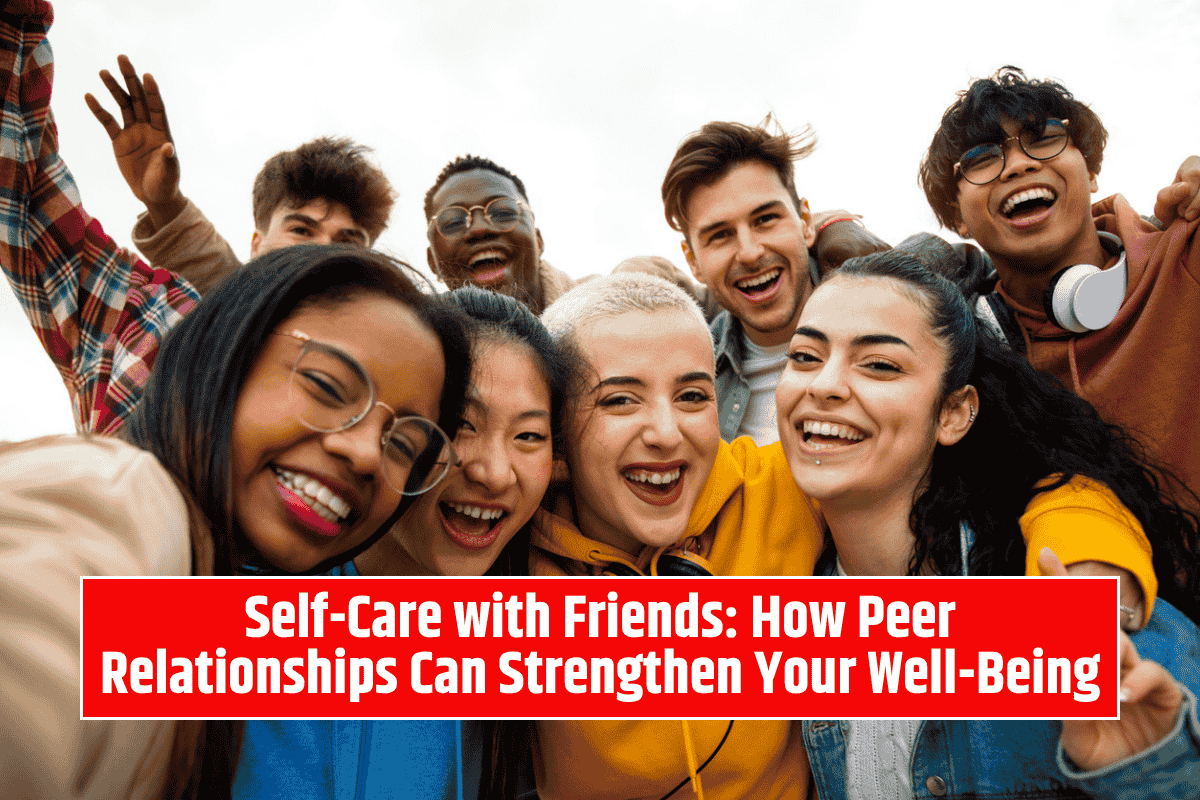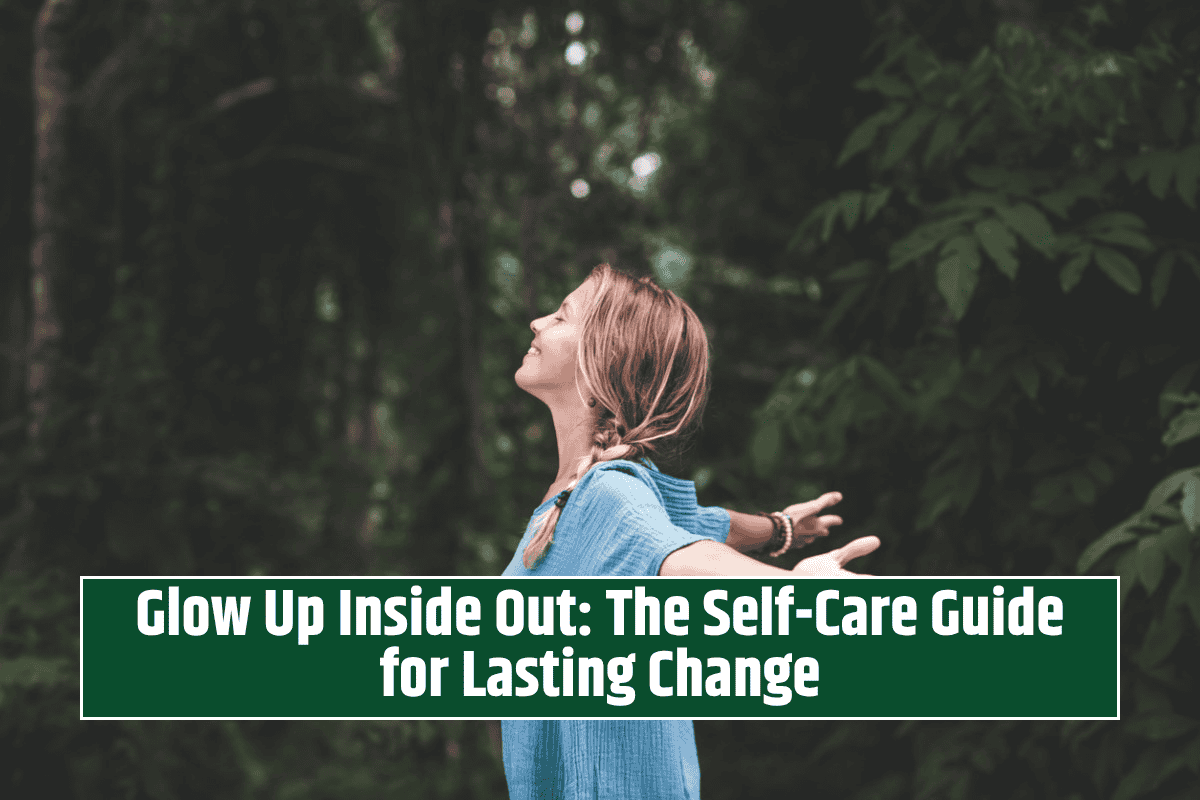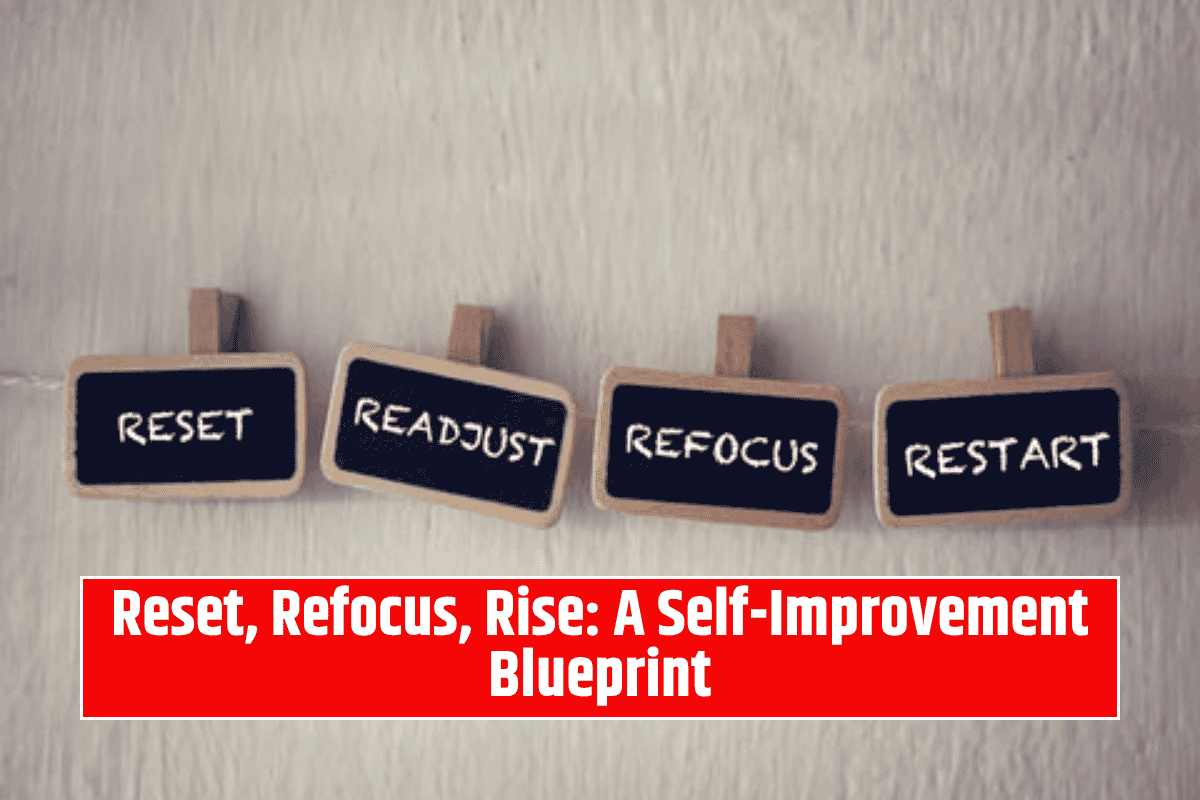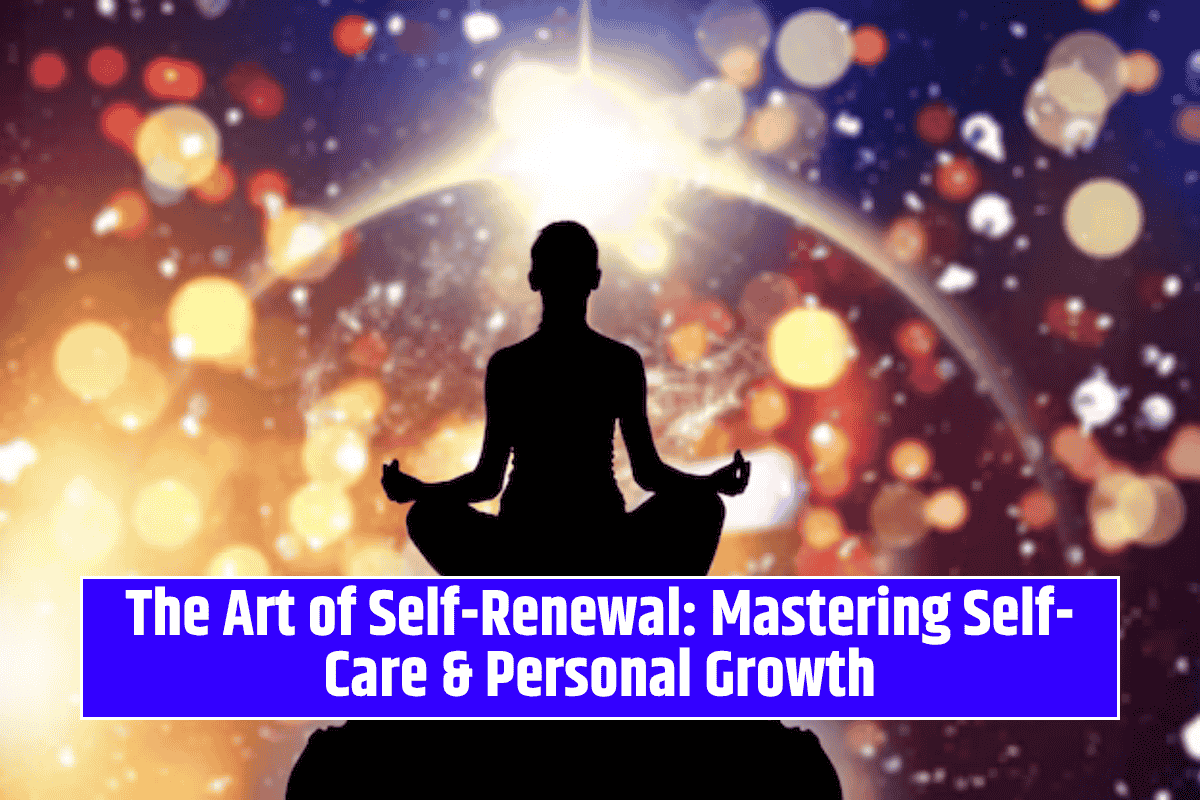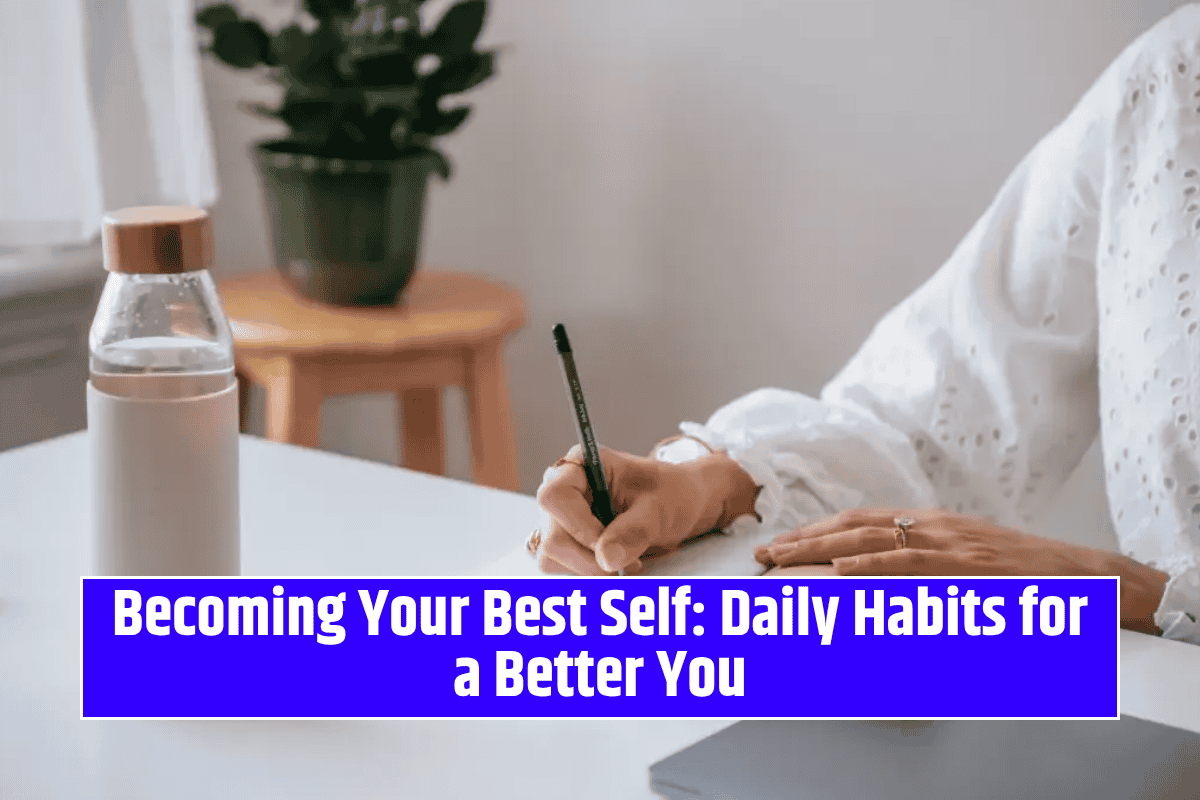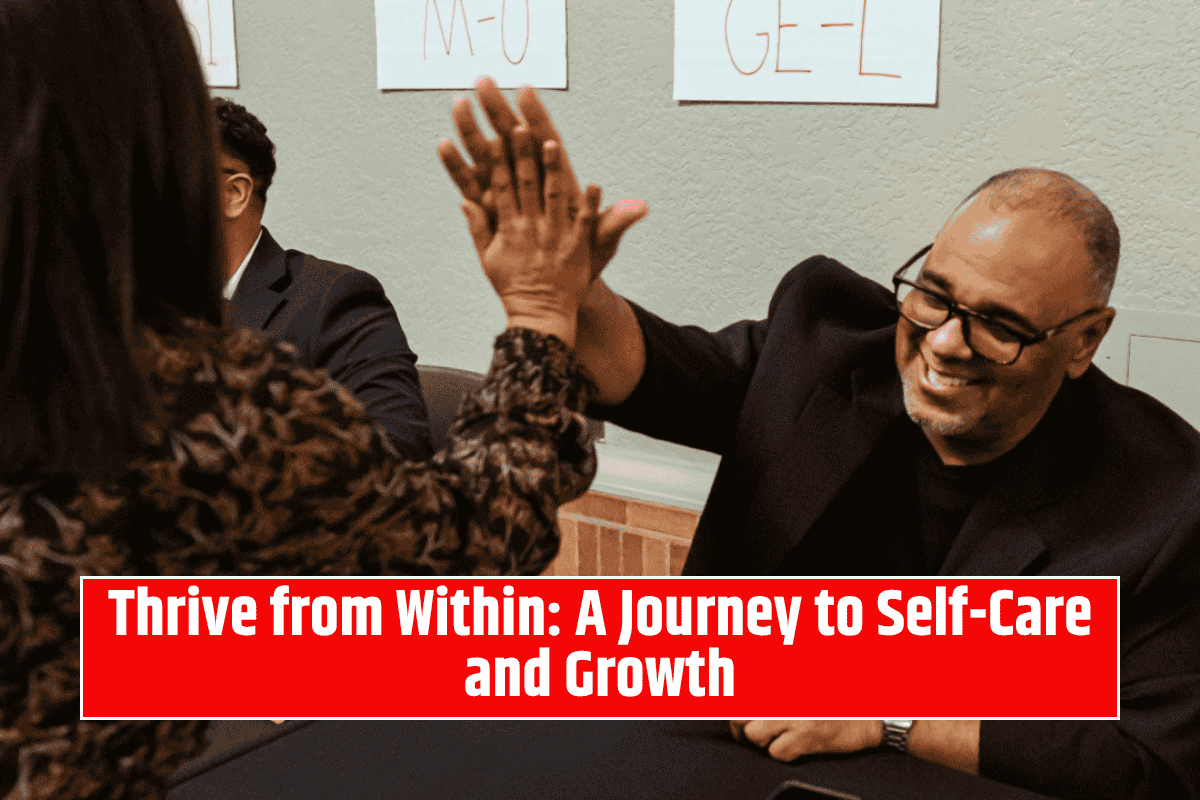Self-care is an important part of maintaining good mental and physical health, but it doesn’t have to be a solitary activity. In fact, doing self-care with friends can have a huge impact on your well-being.
Peer relationships, especially those built on trust and support, can create an environment where self-care practices thrive.
Whether it’s through sharing experiences, enjoying activities together, or providing emotional support, friends can make the self-care journey easier and more enjoyable. Let’s take a closer look at how peer relationships can strengthen your well-being.
The Role of Peer Relationships in Self-Care
Peer relationships, especially with friends, play an important role in maintaining good mental health. Friends provide a sense of community, understanding, and emotional support.
When you include them in your self-care routine, it creates a positive environment that encourages well-being.
They can challenge you to stay committed, provide a sense of accountability, and even introduce you to new ways of taking care of yourself.
The emotional and social benefits of strong peer relationships cannot be underestimated—they can help boost your self-care journey in powerful ways.
How Friendships Enhance Your Self-Care Routine
Here’s how peer relationships can make a real difference in your self-care routine:
1. Motivation and Accountability
Having friends to join you in your self-care activities can keep you motivated and accountable. Whether you’re committing to exercise, eating better, or practicing mindfulness, doing it with friends can create a sense of responsibility.
When you know someone is counting on you or joining you in your efforts, it’s easier to stay on track. Plus, friends often encourage each other to keep going, even when things get tough.
2. Providing Emotional Support
One of the best things about having friends involved in your self-care routine is the emotional support they offer. When you’re going through a tough time or feeling stressed, friends can listen, offer advice, or just be there for you.
Emotional support from friends helps reduce feelings of isolation and reminds you that you’re not alone. Having people who care about your well-being can make all the difference in how you manage your mental health.
3. Making Self-Care More Fun
Self-care doesn’t always have to be about relaxation or solitude. Sometimes, it can be about having fun and enjoying the company of others.
Doing activities like cooking healthy meals together, going for a walk, or attending a yoga class with friends can turn self-care into an enjoyable and social experience.
These shared activities not only strengthen your bond but also encourage a positive approach to self-care that is both fun and effective.
4. Sharing Self-Care Tips and Ideas
Friends can be a valuable source of knowledge when it comes to self-care. They can share their personal self-care practices, tips, and advice that may help you in your own journey.
For example, they might introduce you to a new hobby like journaling or meditation, or they could recommend healthy habits that have worked for them. Sharing ideas helps keep your self-care routine fresh and opens up new possibilities for improving your well-being.
5. Creating a Support System
Building a strong support system is crucial to self-care. When you have a network of friends who are also committed to their well-being, it’s easier to stay focused on your own self-care.
Supportive friends can cheer you on when you reach your goals, offer advice when you struggle, and encourage you to keep taking care of yourself.
This sense of community provides a foundation of support that makes it easier to practice self-care consistently.
6. Fostering a Positive Mindset
Spending time with friends who have a positive attitude can help foster a more positive mindset in your own life. Friends who encourage you, celebrate your successes, and help you work through challenges can help improve your mental outlook.
Being around people who uplift and support you makes it easier to focus on your strengths and practice gratitude, which are important aspects of self-care.
7. Reducing Stress and Anxiety
Spending time with friends can significantly reduce feelings of stress and anxiety. Having a good laugh, talking about your problems, or simply relaxing with someone who understands can take the edge off during stressful times.
Friends provide a safe space where you can express your emotions without judgment. This emotional release can help alleviate stress and help you feel more at peace with yourself.
Self-care is essential for overall well-being, and peer relationships can play a key role in making your self-care routine more effective. When you surround yourself with friends who support and encourage you, you create an environment where self-care can flourish.
From emotional support to shared activities, peer relationships offer countless benefits that make the journey to better health more enjoyable and sustainable.
So, make sure to involve your friends in your self-care routine—they’ll help you stay motivated, reduce stress, and create lasting positive changes in your life.
FAQs
How can friends help with self-care?
Friends can help with self-care by providing emotional support, motivation, accountability, and sharing self-care tips. Their presence can make the journey more enjoyable and effective.
Can self-care be done with friends?
Yes, self-care can be done with friends. Activities like exercising together, cooking healthy meals, or practicing mindfulness can be more enjoyable and effective when shared with others.
Why is emotional support important in self-care?
Emotional support helps reduce stress and feelings of isolation. Friends can provide reassurance, listen to your problems, and remind you that you’re not alone, making self-care easier and more consistent.
How can I find friends who value self-care?
You can find friends who value self-care by joining wellness communities, attending classes or workshops, or simply talking to people who share similar interests in health and well-being.
How do friendships impact mental health?
Friendships provide emotional support, reduce stress, and improve mood. Positive relationships encourage a healthier mindset, which plays a key role in maintaining mental health.
